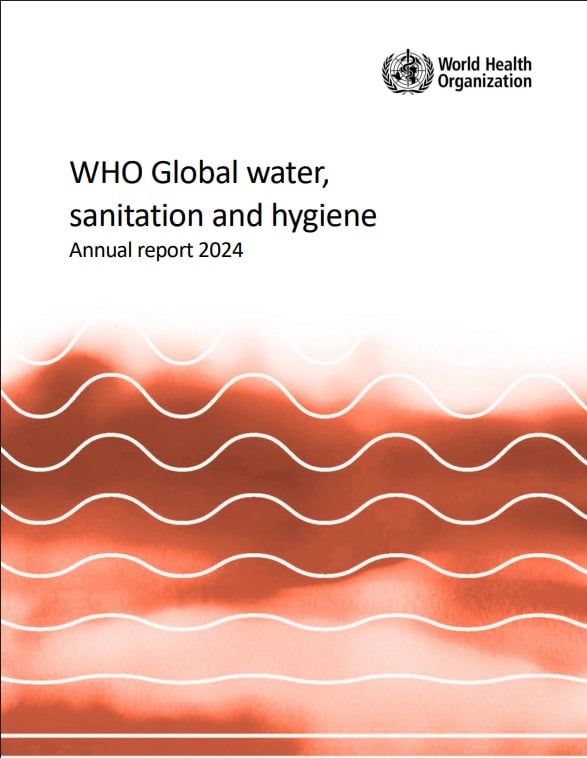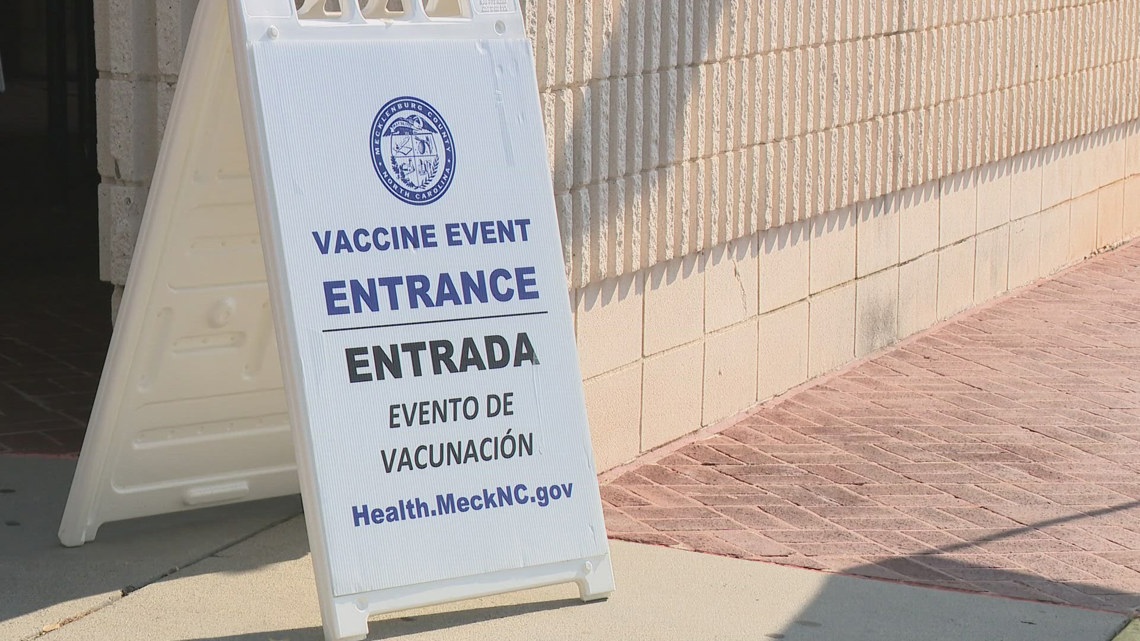Health Care's Harsh Reality: Patient Satisfaction Plummets in Post-COVID Landscape

The COVID-19 pandemic unleashed an unprecedented transformation of the U.S. healthcare landscape, dramatically reshaping how medical services are delivered and fundamentally altering public understanding of healthcare. Far more than a temporary disruption, the pandemic triggered a seismic shift in patient experiences, medical practices, and systemic approaches to health and wellness.
The crisis exposed critical vulnerabilities in the existing healthcare infrastructure while simultaneously accelerating innovative solutions and adaptive strategies. Healthcare providers were forced to rapidly reimagine traditional care models, embracing telehealth technologies, implementing rigorous safety protocols, and developing more flexible, patient-centered approaches.
Beyond the immediate medical response, the pandemic reshaped societal perceptions of healthcare, highlighting the interconnectedness of public health, individual well-being, and systemic resilience. Patients and providers alike gained a deeper appreciation for the complexity and importance of responsive, adaptable healthcare systems.
As the dust begins to settle, the lasting impact of this transformative period continues to unfold, promising lasting changes in how Americans understand, access, and experience medical care in the years to come.








